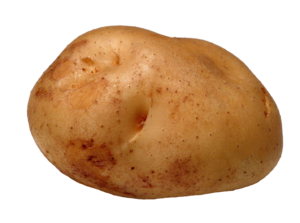
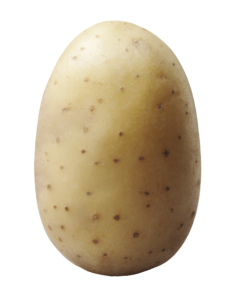


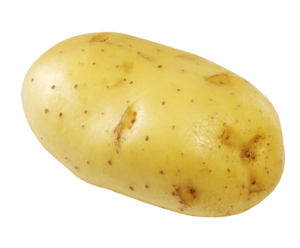
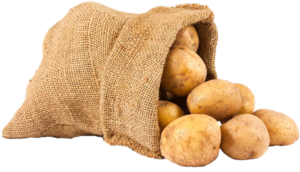
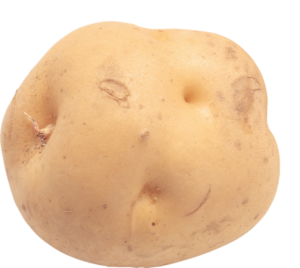
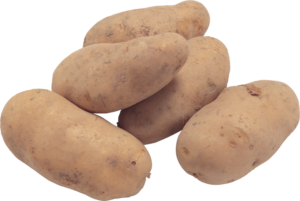
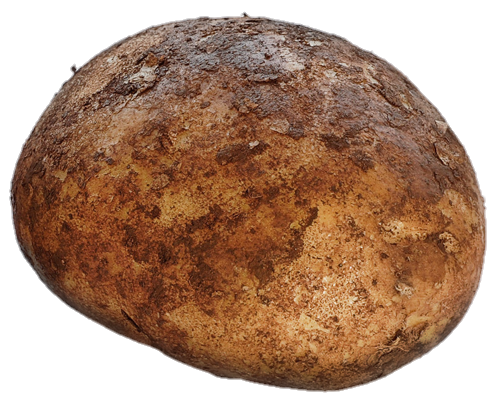

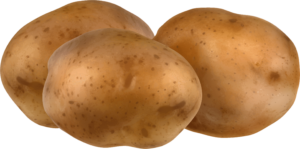
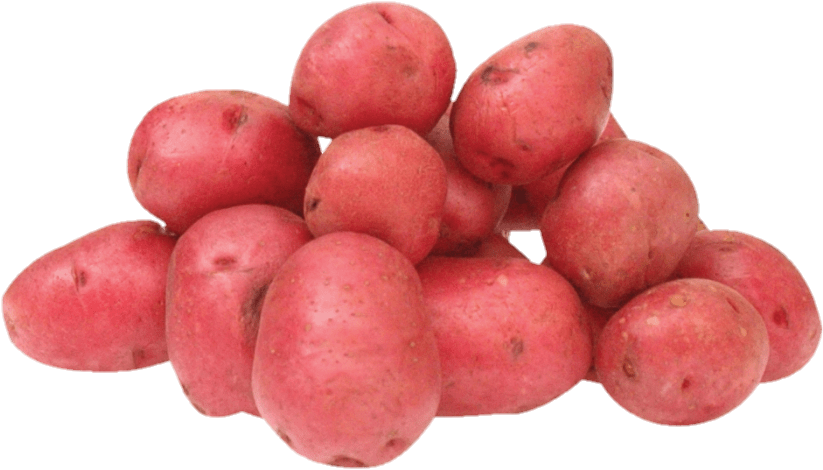
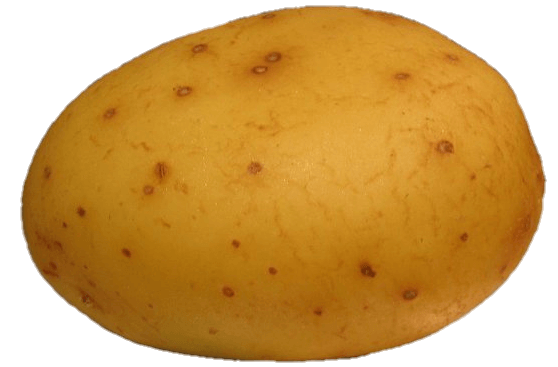
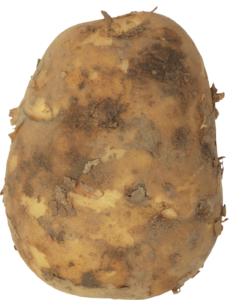
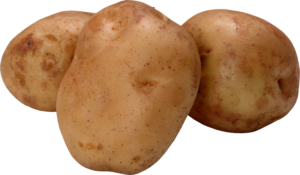
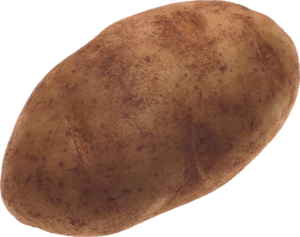
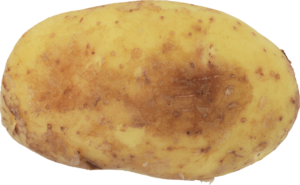
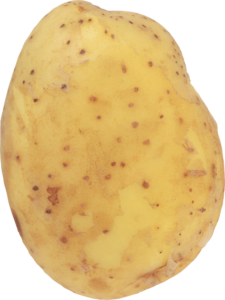
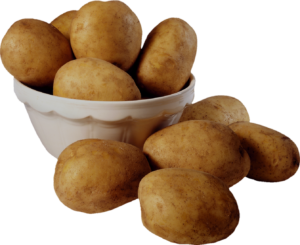
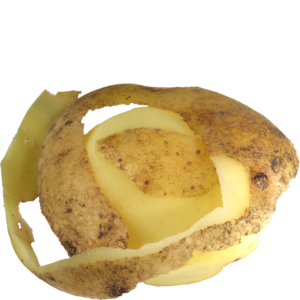
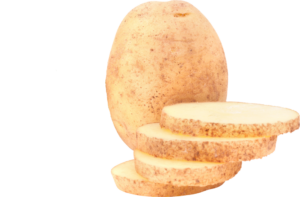
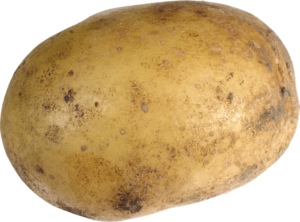
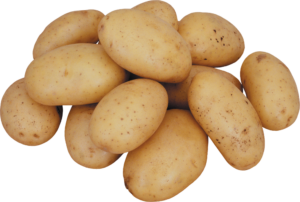
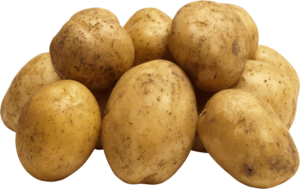
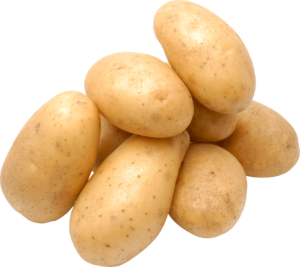
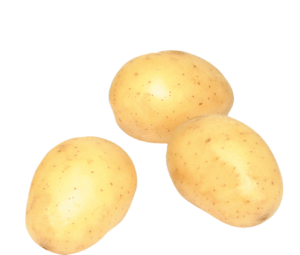
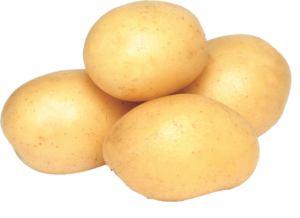
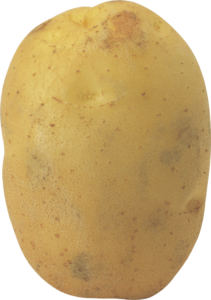
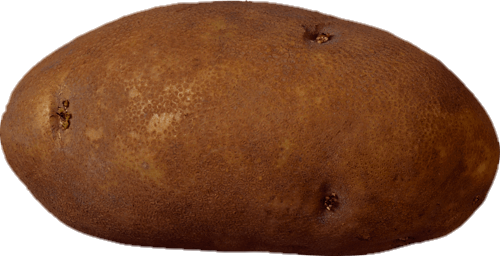
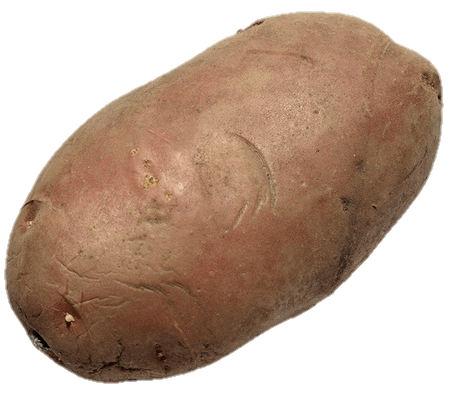
The potato, scientifically known as Solanum tuberosum, is undoubtedly one of the most significant crops in human history. This unassuming tuber has played a pivotal role in shaping cultures, cuisines, and economies across the globe. From being a dietary staple to fueling economic growth and scientific discoveries, the potato’s impact on humanity is profound and multifaceted.
The potato’s origins can be traced back to the Andean highlands of South America, where it was cultivated by indigenous peoples over 7,000 years ago. Spanish explorers introduced the potato to Europe in the late 16th century, and its cultivation gradually spread across the continent. The potato’s hardiness and adaptability to various climates and soils quickly made it a valuable crop, especially in regions with challenging growing conditions.
In the mid-19th century, the potato famine in Ireland highlighted the devastating consequences of relying heavily on a single crop. The loss of the potato crop due to a fungal disease called late blight led to widespread famine, death, and emigration. This tragic event underscored the importance of crop diversity and sustainable agricultural practices.
The potato’s culinary versatility is unmatched. It can be prepared in countless ways, from boiling and baking to frying and mashing. Potatoes are a staple in cuisines worldwide, forming the foundation of dishes like French fries, mashed potatoes, gnocchi, samosas, and more. Its neutral flavor is a canvas for various seasonings, allowing it to adapt to diverse tastes and preferences.
In addition to its culinary appeal, the potato is a nutritional powerhouse. It is a rich source of complex carbohydrates, dietary fiber, and essential vitamins and minerals such as C, B6, potassium, and folate. Consuming potatoes as a balanced diet can contribute to energy levels, digestive health, and overall well-being.
The potato has had a profound impact on global economies and societies. In countries like Ireland, the potato played a significant role in developing agricultural economies and rural communities. In modern times, potatoes are vital for smallholder farmers and subsistence agriculture, providing a stable food source and income.
Furthermore, the potato’s relatively high yield per unit of land and water makes it an essential crop for addressing food security challenges. It offers an efficient way to feed growing populations, particularly in regions with limited arable land and resources.
The potato’s botanical and genetic characteristics have also contributed to scientific breakthroughs. For instance, the work of Gregor Mendel, often referred to as the father of modern genetics, utilized the potato plant in his experiments on heredity. Today, the potato serves as a model organism for genetic research, helping scientists understand various biological processes.
Advancements in agricultural technology and breeding techniques have led to improved potato varieties with enhanced resistance to pests, diseases, and environmental stressors. These innovations are crucial for maintaining global potato production in the face of evolving challenges such as climate change.
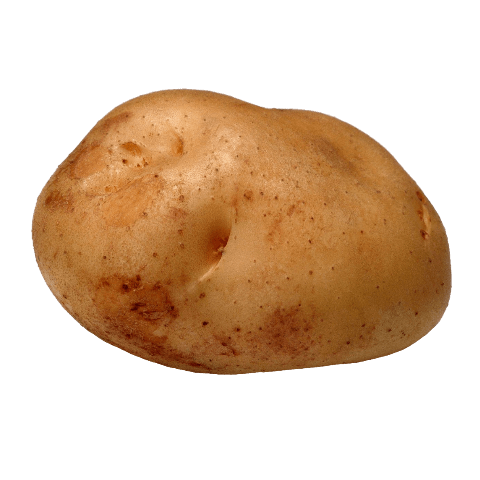
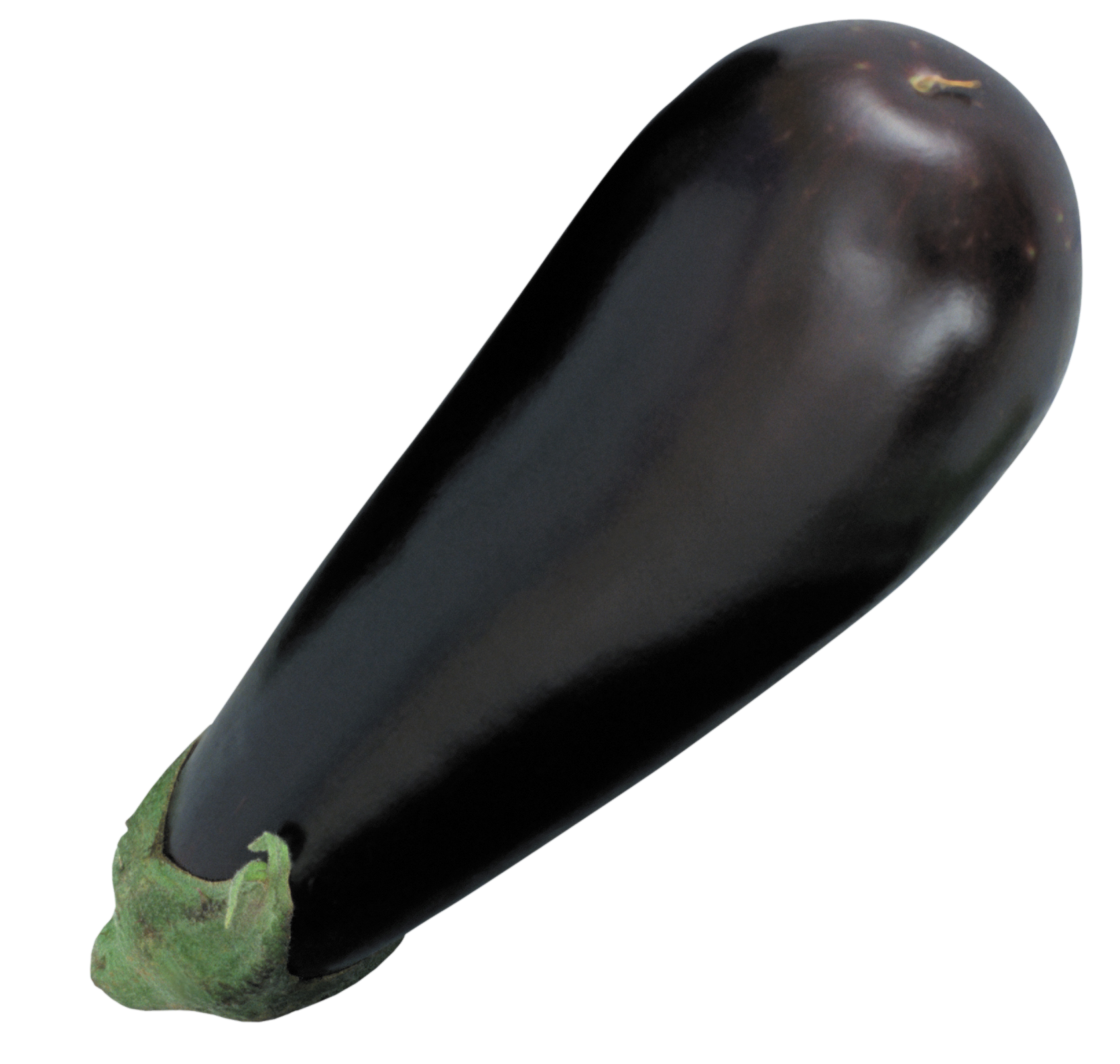
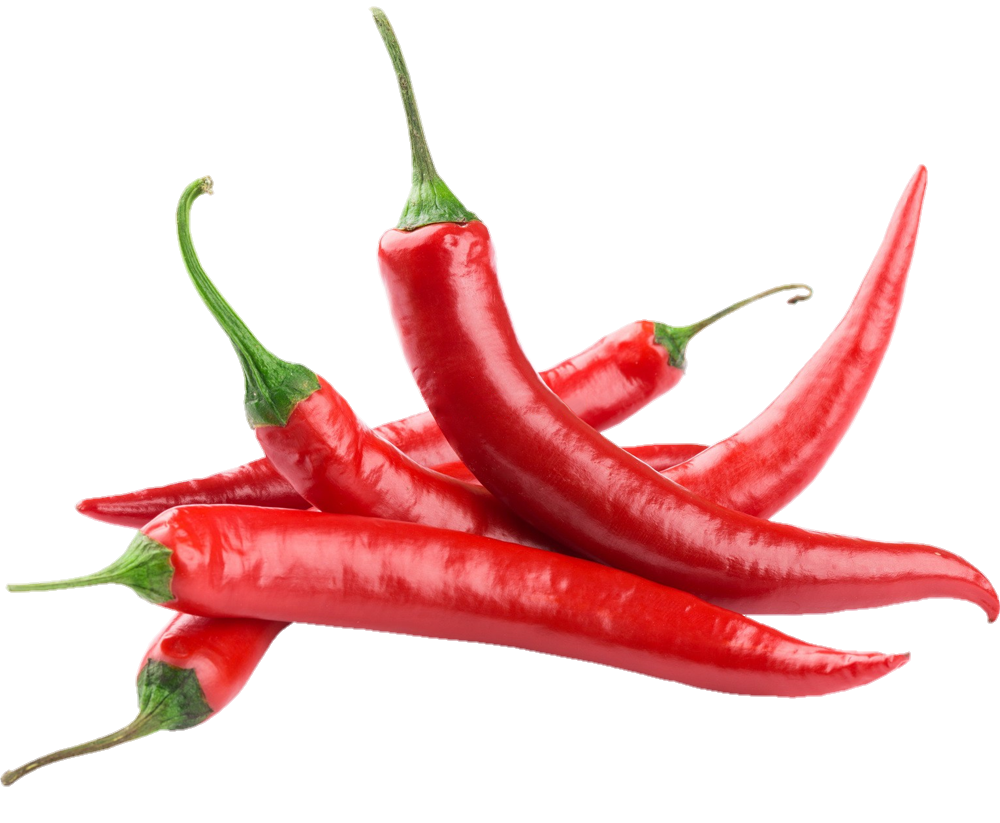
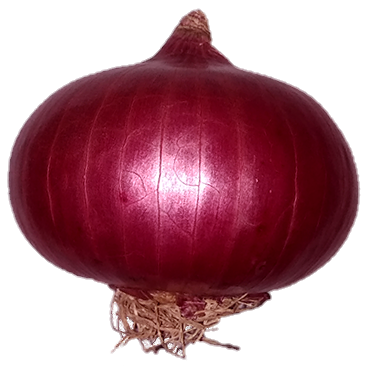

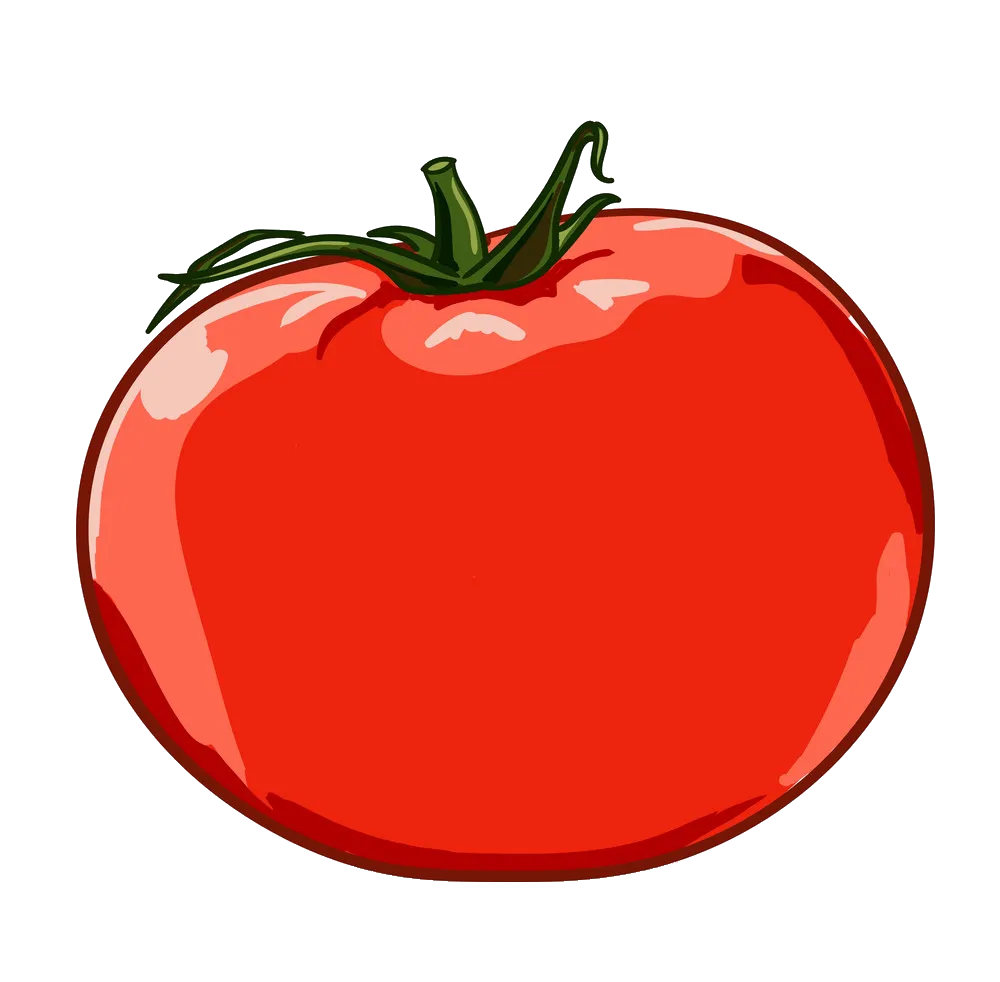
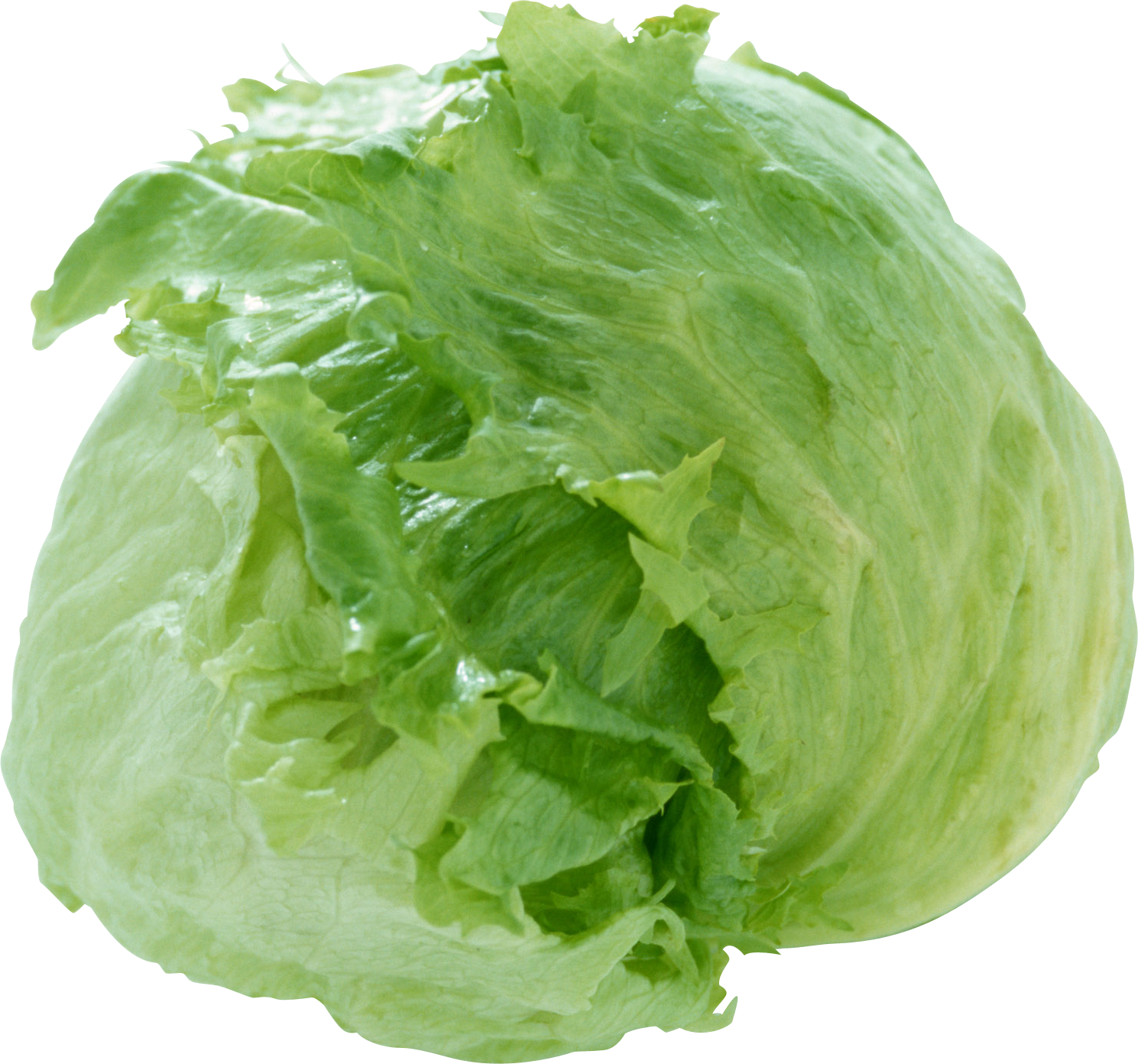
Leave a Comment